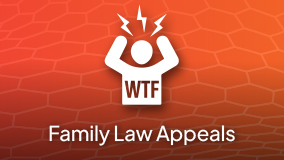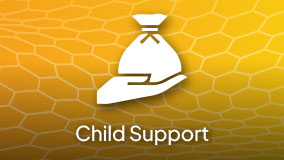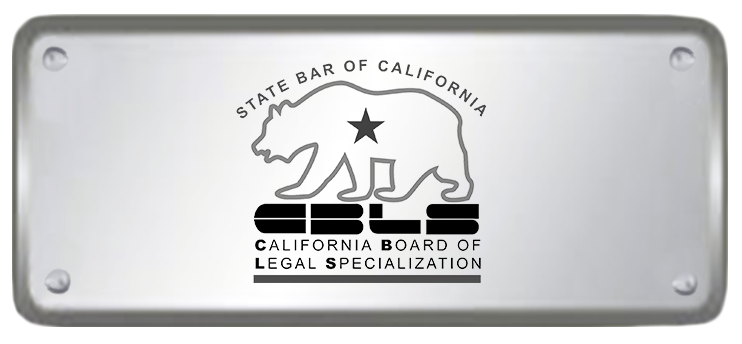THE INDIAN CHILD WELFARE ACT IN CALIFORNIA
The Indian Child Welfare Act (ICWA) is a federal law enacted in 1978 that applies to the State of California and governs some child custody cases involving Native American children. ICWA is designed to protect the rights and preserve the cultural heritage of Native American children and families involved in child custody and dependency proceedings where the Native American family might be severed. The experienced attorneys at Antonyan Miranda can provide valuable assistance in a child custody case involving ICWA.
How Does ICWA Work in a California Custody Case?
In California, ICWA sets forth specific requirements that must be followed when a Native American child is involved in child custody proceedings where the Native American family might be vitiated. These requirements aim to ensure that Native American children are placed in culturally appropriate settings and that their familial and tribal relationships are maintained and protected. Eligible children include unmarried minors who are members of a tribe or are eligible for membership in a tribe.
ICWA does not apply in child custody disputes between parents only, in domestic violence restraining order proceedings or in firearms surrender proceedings. Rather, ICWA applies when a Native American child could be placed with a non-parent or in foster care. ICWA mandates that the child’s tribe and the Bureau of Indian Affairs be provided with notice of all applicable proceedings. ICWA notice is not optional, but rather a question of jurisdiction, and the California Family Code provides for the method of notice and the required information to be included in the notice.
Further, ICWA requires that “active efforts” be made to provide remedial services and programs to prevent the breakup of Native American families. In California, this means that social services agencies such as Child Welfare Services (CWS) must make genuine efforts to provide services and resources to Native American families to address the issues that led to their involvement with the child. In the event of termination of parental rights, ICWA establishes placement preferences to ensure that Native American children are placed in the least restrictive and most culturally appropriate settings. These preferences prioritize placement with extended family members, other members of the child’s tribe, or other Native American families.
How can an Attorney Help me with a California Custody Case Involving ICWA?
The intersection of federal and California law creates significant technical and procedural challenges. Understanding what proceedings and facts fall within the ambit of ICWA can be difficult, and there is no margin for error. The failure to properly identify and notice ICWA proceedings may result in a reversal of the trial court’s rulings if the case is appealed.
Antonyan Miranda’s attorneys are experienced in ICWA matters and can provide essential guidance, advocacy, and ensuring compliance with the law. At Antonyan Miranda, we aggressively advocate for your interests, using all available legal tools and strategies to help secure all that is important to you: family, finances, and assets! Call us at 619-696-1100 to speak with one of our Concierge attorneys, or visit us at www.expertdivorcelaw.com for more information.
FOLLOW US!
THE INDIAN CHILD WELFARE ACT IN CALIFORNIA
The Indian Child Welfare Act (ICWA) is a federal law enacted in 1978 that applies to the State of California and governs some child custody cases involving Native American children. ICWA is designed to protect the rights and preserve the cultural heritage of Native American children and families involved in child custody and dependency proceedings where the Native American family might be severed. The experienced attorneys at Antonyan Miranda can provide valuable assistance in a child custody case involving ICWA.
How Does ICWA Work in a California Custody Case?
In California, ICWA sets forth specific requirements that must be followed when a Native American child is involved in child custody proceedings where the Native American family might be vitiated. These requirements aim to ensure that Native American children are placed in culturally appropriate settings and that their familial and tribal relationships are maintained and protected. Eligible children include unmarried minors who are members of a tribe or are eligible for membership in a tribe.
ICWA does not apply in child custody disputes between parents only, in domestic violence restraining order proceedings or in firearms surrender proceedings. Rather, ICWA applies when a Native American child could be placed with a non-parent or in foster care. ICWA mandates that the child’s tribe and the Bureau of Indian Affairs be provided with notice of all applicable proceedings. ICWA notice is not optional, but rather a question of jurisdiction, and the California Family Code provides for the method of notice and the required information to be included in the notice.
Further, ICWA requires that “active efforts” be made to provide remedial services and programs to prevent the breakup of Native American families. In California, this means that social services agencies such as Child Welfare Services (CWS) must make genuine efforts to provide services and resources to Native American families to address the issues that led to their involvement with the child. In the event of termination of parental rights, ICWA establishes placement preferences to ensure that Native American children are placed in the least restrictive and most culturally appropriate settings. These preferences prioritize placement with extended family members, other members of the child’s tribe, or other Native American families.
How can an Attorney Help me with a California Custody Case Involving ICWA?
The intersection of federal and California law creates significant technical and procedural challenges. Understanding what proceedings and facts fall within the ambit of ICWA can be difficult, and there is no margin for error. The failure to properly identify and notice ICWA proceedings may result in a reversal of the trial court’s rulings if the case is appealed.
Antonyan Miranda’s attorneys are experienced in ICWA matters and can provide essential guidance, advocacy, and ensuring compliance with the law. At Antonyan Miranda, we aggressively advocate for your interests, using all available legal tools and strategies to help secure all that is important to you: family, finances, and assets! Call us at 619-696-1100 to speak with one of our Concierge attorneys, or visit us at www.expertdivorcelaw.com for more information.





















